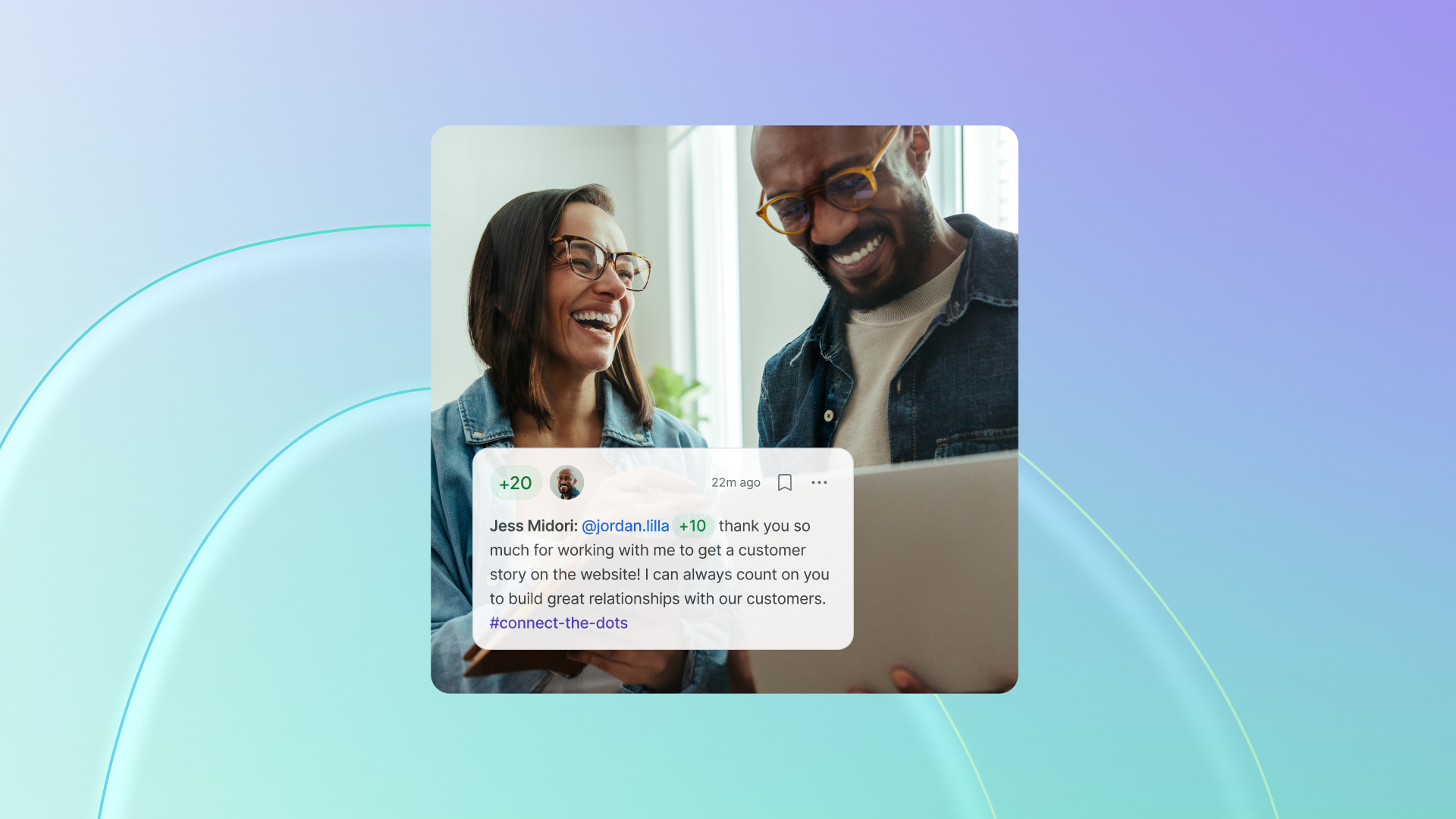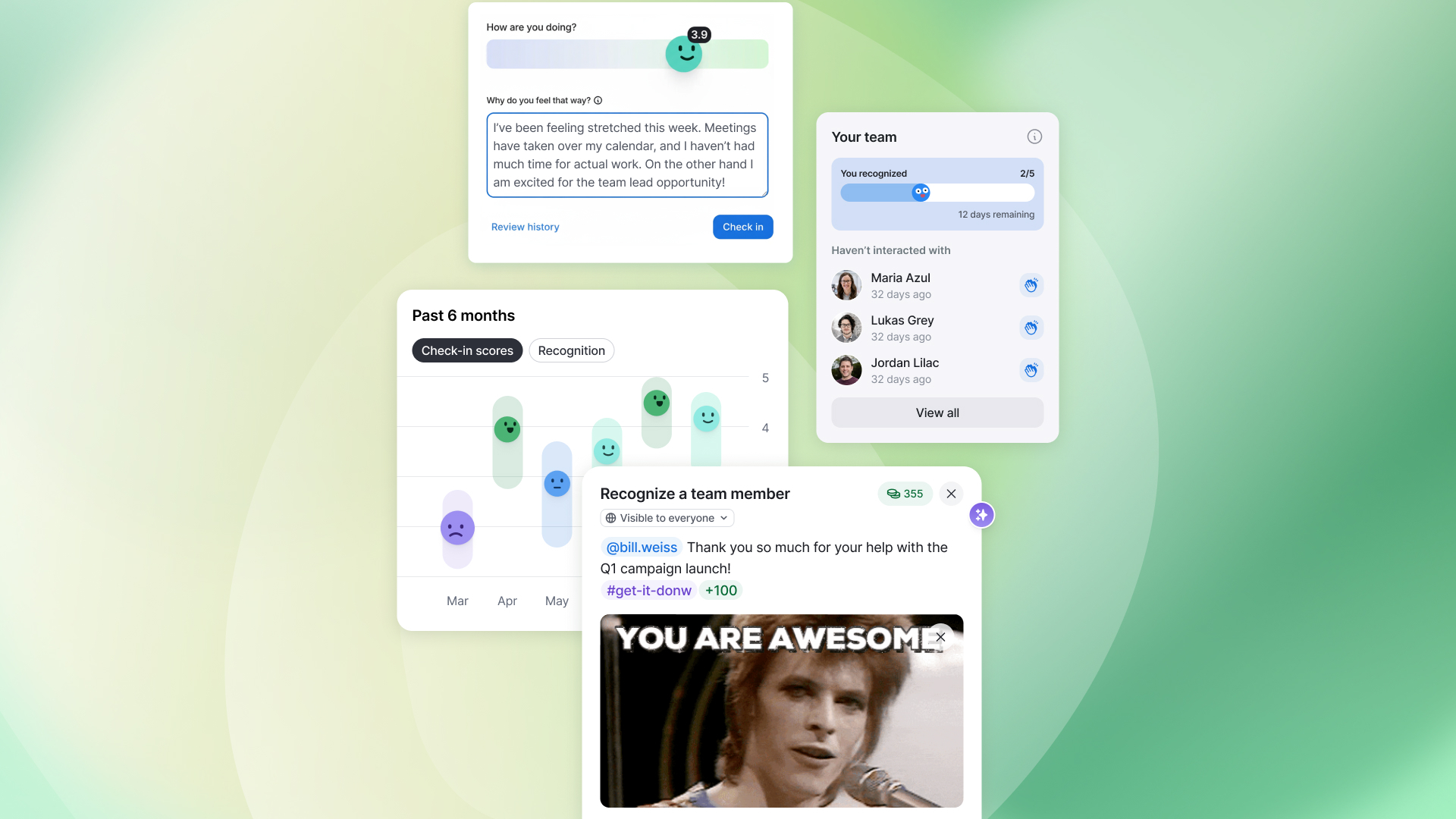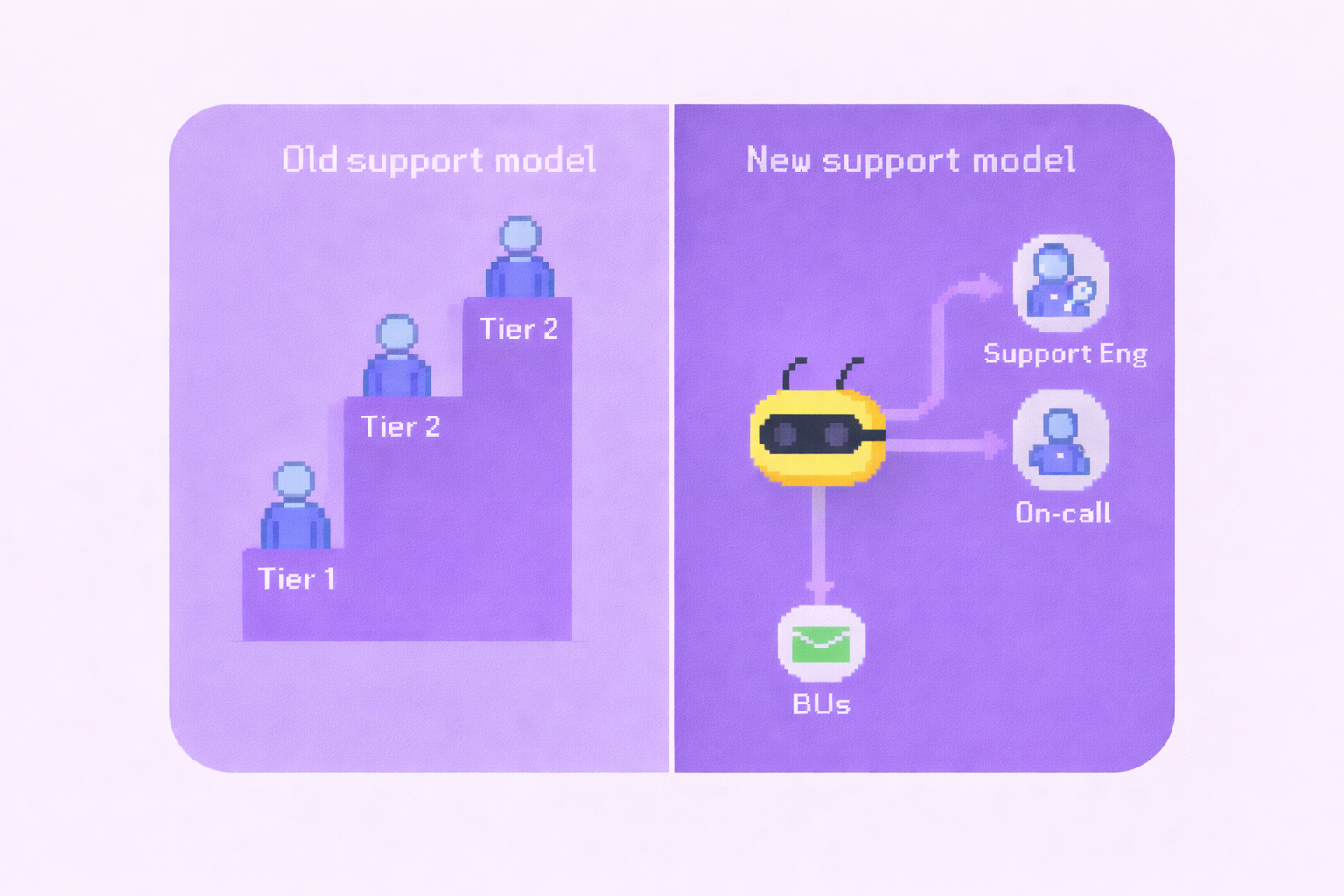How to Support Your BIPOC Employees Right Now

August 25th, 1955. Many of us know the story of Emmett Till. His face was the bright spark that set fire to the civil rights movement.
Similar to the murder of Emmett Till, I believe that George Floyd’s death lit the match in a global movement.
In my professional capacity as a coach, therapist, and social worker, I’m having conversations about racial injustice, diversity, and inclusion, every day. Even so, like so many of you, I am struggling with negative and distressing emotions. In fact, many Black, Indigenous, and People of Color (BIPOC) are struggling to make psychological sense of the deaths of George Floyd, Breonna Taylor, Armaud Arbery, and others. For some it might even cause feelings of trauma, depression, grief, and burnout.
Talking about race in the workplace

Ensuing conversations about racial injustice are complicated and complex. It’s difficult to touch this when everyone has different entry points. Not everyone is on the same page with regard to the existence of racism as something that we should be concerned about today. Conversely, it’s hard for many, if not impossible, to imagine a world where we are all treated equally and respectfully regardless of skin tone.
This level of racial tension, in addition to dealing with the COVID-19 pandemic, has certainly challenged the strength of our hearts. While the images of police brutality are likely more triggering to persons of color in your organization, it is important to acknowledge that none of us is getting away from this unscathed.
Some organizations are doing a wonderful job at addressing this directly and organically. Other organizations, however, may stay silent out of fear of reprisals, or ignore it completely out of indifference.
Despite where your organization has landed on these matters, we are being confronted with an opportunity to learn how to come together across differences, with our diverse opinions and our varying starting points, on the issues of health, personal liberty, race relations, and overall human dignity.
The uniqueness of the hour in which we live is undeniable.
As far as I’m concerned, I have always been discovering new and compelling ways to overcome the barriers that my blackness seemed to have caused in the workplace. In this season I’m experiencing more of those barriers in addition to new ones. I’d love for us all to consider some of the things that BIPOC are going through during this time:
- Navigating through tough conversations: BIPOC are continually navigating through the varying opinions of their colleagues. Everyone seems to have an opinion about what they are seeing on the news or a personal story to tell.
- Emotional labor: BIPOC can often feel the pressure to validate their colleagues' opinions or even the need to educate them about the history of race relations in America. This happens to me all the time. This can be triggering for some of us, causing unpleasant re-traumatization manifesting in feelings of anxiety, anger, depression, and fear.
- Fear of retaliation: BIPOC might resist sharing honestly about their own experiences and pains with other employees, because of fears of retaliation and tokenization
That’s not to mention the emotional stressor in having to do daily work while these events of racial injustice are happening.
I try my best to be gracious, holding the balance between encouraging my colleagues to do their own research and self-discovery, with the reality that we will only achieve healing by learning how to respect and honor one another’s experience.
What companies can do

I do recognize the difficulty that many companies have right now. They feel trapped between the risks of saying something and risk of doing nothing.
If you are an HR leader, COO, or CEO, I would encourage you to lean into supporting BIPOC. It is important that we all de-stigmatize accessing behavioral health and wellness resources.
For example, it’s imperative to make sure you:
- Explore and offer counseling, therapy, and other resources.
- Encourage supervisors and leaders to hold open and confidential conversations with their employees about equity and inclusion at the workplace.
- Consider implementing flexible schedules and allow employees the time they need to attend to their personal lives.
However, you shouldn’t overlook that some companies are not currently the safest places for BIPOC to express their feelings and challenges regarding diversity and organizational culture.
Let me leave you with four things that you can do if your company just doesn’t seem ready to have this conversation:
- Introspect and connect: Take time to check in with your emotions. Accept the possibility that you are personally, emotionally triggered—making it difficult to discern clearly the true status of the organization. Connecting with trusted colleagues who can help you distinguish between your pain and any potential problems with company culture.
- Educate and share knowledge: Review the existing company values and policies. As you connect with other colleagues, share this knowledge and discuss the best way to apply these principles to the current cultural context.
- Self-actualize: Determine the best course of action toward removing barriers to success for you and your colleagues. Perhaps that means speaking directly with a supervisor or a CEO. You will likely be successful if you make and implement a plan.
- Consult with other HR leaders: You can also work with partners to help you figure out the best path forward when it comes to supporting not just BIPOC during these crises, but your entire team. Even if you successfully navigate through the steps above, some companies may continue to demonstrate resistance to ongoing conversations about diversity and inclusion. At this point it is important to get professional support, through internal or external consultation, to determine if you stay or leave the organization.
If you are an HR professional looking for tailored ways to tackle DEI in the workplace, enhance your teams’ access to resources, and improve productivity, my company, Arrowhead Advising, can walk alongside you to help find the best way forward.
Other companies you might consider reaching out to include Essential Partners, a group that can train your leader on how to use civil discourse to build trustworthiness and goodwill towards collaboration. Another is my friend Karith Foster, a comedian who has taken her act into corporate and non-profit America, as well as higher education, to help people defy the barriers that stereotypes, bias, and racial injustices create.
While this can be very challenging work, your voice and experience is important fuel for change.
Your deliberate attempts to grow in knowledge and empathy can be essential to shift the narrative and culture in your business. I have endless examples of the wonder that can be created when people choose to work together, across their deepest differences, to accomplish mutually held goals.
As tensions continue to ratchet up in our world I am reminded of a quote by Abraham Lincoln that might give us some hope for the future. He says, “It has been my experience that folks who have no vices have no virtues.”
In our greatest struggles lie our greatest opportunities for transformation. As we lean in during these times, may we all grow into more faith, more hope, and most certainly more love and respect for one another.

For more great resources on diversity and inclusion in the workplace, check out 10 Diversity & Inclusion Statistics That Will Change How You Do Business and Why Employee Recognition is Crucial to Inclusion.







